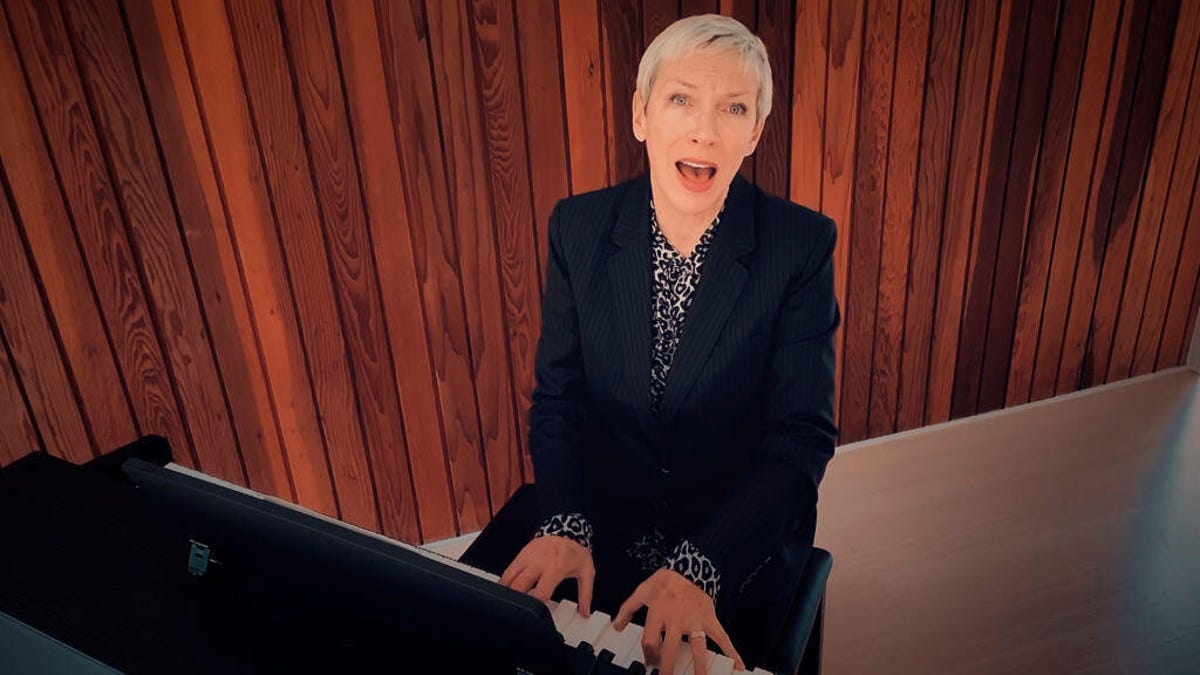The release of a new album, Is This What We Want?, which features silent contributions from musicians including Kate Bush, Damon Albarn and Annie Lennox, is drawing attention to proposed changes to UK copyright law in regards to AI.
The protest album, organized by musician and AI entrepreneur Ed Newton-Rex, is made up of 12 tracks that include more than 47 minutes of silence recorded in empty studios and other spaces by more than 1,000 contributors. The titles of the tracks combined say, “The British Government Must Not Legalise Music Theft To Benefit AI Companies.”
The album, along with a previous statement released months ago by nearly 50,000 creatives and artists, is aligned against proposed UK changes that would allow companies to train AI models on fair use as well as copyrighted content unless copyright owners specifically opt out of giving permission.
The UK government on Feb. 25 held a public consultation on the rule changes, which have drawn public criticism from figures including Andrew Lloyd Webber, Dua Lipa and Paul McCartney.
Companies such as ChatGPT maker OpenAI, Google, Microsoft and Apple all require vast amounts of data to train their large-language data models. The information can include everything from newspaper digital archives to digitized books to social media accounts.
At issue in the UK now is whether AI models can be trained not just on publicly available data and academic research, but on copyrighted music and text (such as lyrics) as well. Under the changes that are being proposed, companies and individuals who hold copyrights for songs or other items would need to opt out to prevent companies from training AI with their works.
The New Beatles Video: How AI Is Helping and Hindering the Music Industry
Alina Trapova, a British legal scholar and lecturer who has been closely following the debate, says the proposed changes “go beyond music,” but the music industry has been well-organized in bringing attention to the issue.
The opt-out feature of the proposal, Trapova said, “may result in leaving right-holders without any control of their work. This is because the opt-out mechanisms that exist nowadays can be and are being circumvented.” Artists may be unaware that they must opt out. Trapova said an opt-in mechanism, which would require rights holders to explicitly give permission, has been suggested.
“Whatever the government goes ahead with, it has to follow some sort of a standardized process which ideally will coincide with what the other big jurisdictions do on that front,” she said, adding that the EU has passed similar measures as part of last year’s AI Act, but is in the process of refining the way cases are handled to improve transparency and rights reservations.
“There is an ongoing debate about the efficacy and burden of opt-out models,” said Chris Mammen, a partner at Womble Bond Dickinson who specializes in tech and AI law. “On the issue of privacy and consumer data protection, the US is widely described as following an opt-out model while Europe, with the GDPR, follows an opt-in model.”
For this set of changes specifically, “the fear of musicians and other content creators is that AI models trained on their work will be able to generate free or cheap new works, at an industrial/supercomputer scale, that will box them out of earning income from their content-creating activities,” Mammen said.
“There may still be some guardrails imposed by the AI platforms, for example, by prohibiting prompts that ask for an output ‘in the style of’ a specific living artist. But one can easily imagine designing AI prompts to circumvent that type of specific guardrails,” he added.
Read the full article here


